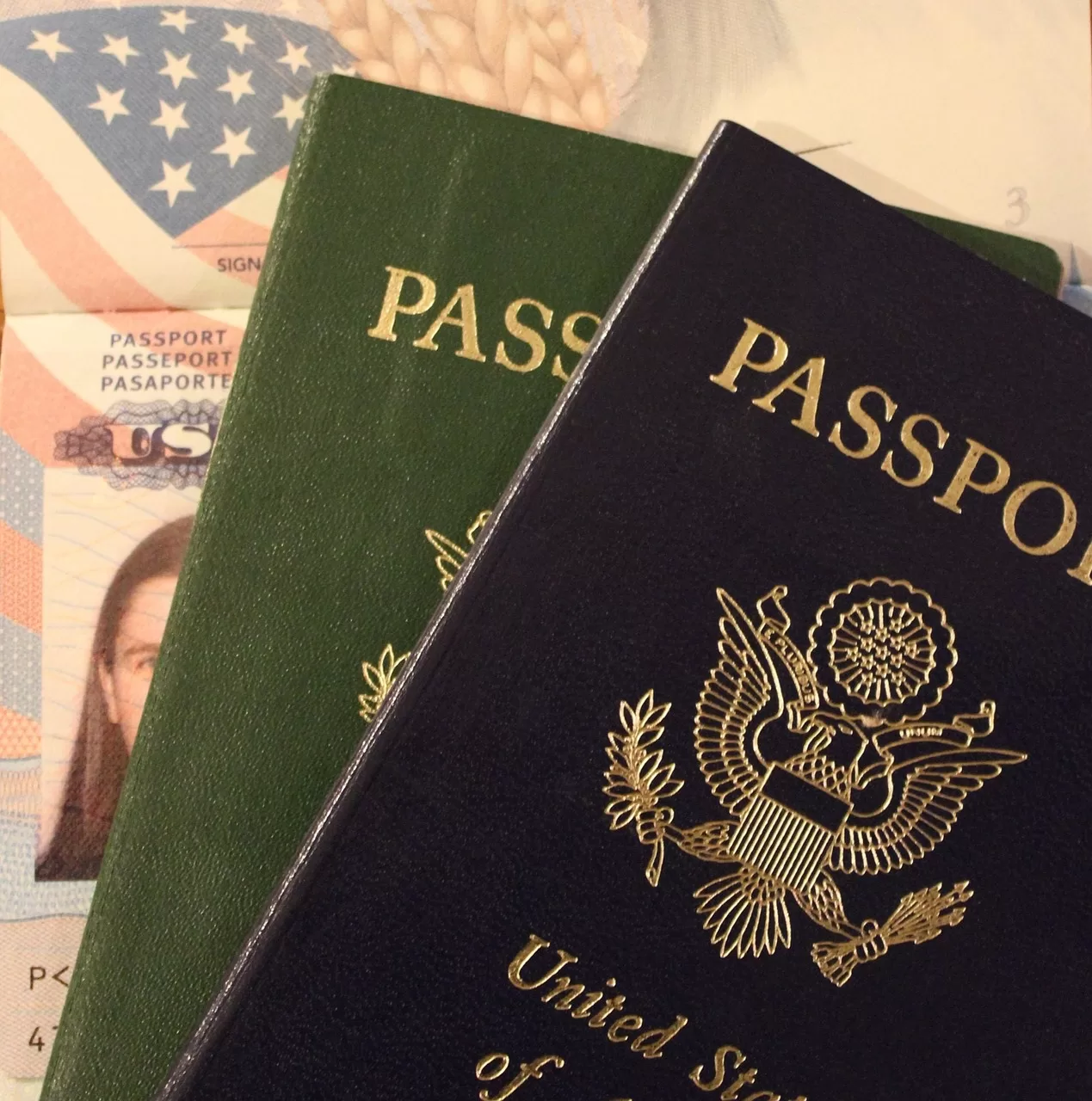What is Dual Nationality?
The concept of dual nationality means that a person is a national of two countries at the same time. Each country has its own nationality laws based on its own policy.
Persons may have dual nationality by automatic operation of different laws rather than by choice. For example, a child born in a foreign country to U.S. national parents may be both a U.S. national and a national of the country of birth. Or, an individual having one nationality at birth may naturalize at a later date in another country and become a dual national.
How Do You Acquire Dual Nationality/Citizenship?
You may knowingly or unknowingly be a national of another country, even if you do not accept the nationality or hold a passport of that country. You may acquire dual nationality (i.e., U.S. and another nationality) in one of several ways, including:
-
- Being born in the United States, and subject to the jurisdiction thereof, to one or two parents holding a nationality other than the United States, with your second nationality based on the other country’s nationality law;
- Being born outside the United States to one or two U.S. citizen parents, with your second nationality based on the foreign country’s laws; or
- Naturalizing as a U.S. citizen while maintaining the nationality of another country.
Potential Challenges to Holding Dual Nationality
Countries have different laws and regulations for dual nationals and some countries may not permit dual nationality. Research your destination on our Country Information Page. You should also check with the embassy of any country where you hold a foreign nationality for relevant nationality laws before travel. Two examples of regulations that may impact a dual national include the following:
- Entry and Exit Requirements: When traveling to a country where you have U.S. and that country’s nationality, you may be required to enter and depart on a passport from that country or present a valid identity document from that country. Some countries impose specific restrictions on departing nationals, such as the requirement for an exit visa.
- Exit Bans: Countries may impose exit bans on U.S. and dual nationals for a variety of reasons, such as an alternative to criminal detention or in cases of civil or familial disputes. Exit bans may also be used coercively on individuals who are not facing criminal charges themselves, but rather to compel an associate or relative under investigation to return from abroad. Dual nationals subject to an exit ban may not know how long the restrictions or investigation may continue. Exit bans or the prolonged processing of civil documents often create a significant financial burden, including unemployment, unexpected living expenses, and fines.
Our legal experts can help you with the challenges to holding dual nationality. Contact us today to arrange for a consultation.
Dual Citizens
Dual citizens, either by birth or naturalization, also have many of the same obligations as citizens.
Even if a dual citizen lives outside of the United States, they must still meet these obligations. Being a dual citizen means that a person has twice the amount of obligations as a person who is only a citizen of one country.
U.S. law does not mention dual nationality or require a person to choose one nationality or another. A U.S. citizen may naturalize in a foreign state without any risk to his or her U.S. citizenship. However, persons who acquire a foreign nationality after age 18 by applying for it may relinquish their U.S. nationality if they wish to do so. In order to relinquish U.S. nationality by virtue of naturalization as a citizen of a foreign state, the law requires that the person must apply for the foreign nationality voluntarily and with the intention to relinquish U.S. nationality. Intent may be shown by the person’s statements and conduct.
Dual citizens/nationals owe allegiance to both the United States and the foreign country. They are required to obey the laws of both countries, and either country has the right to enforce its laws. It is important to note the problems attendant to dual nationality. Claims of other countries upon U.S. dual-nationals often place them in situations where their obligations to one country are in conflict with the laws of the other. In addition, their dual nationality may hamper efforts of the U.S. Government to provide consular protection to them when they are abroad, especially when they are in the country of their second nationality.
Read more like this Dual Citizenship is it right for You
U.S Citizens
U.S. Citizens, including dual nationals, must use a U.S. passport to enter and leave the United States. Dual citizens/nationals may also be required by the foreign country to use its passport to enter and leave that country. Use of the foreign passport to travel to or from a country other than the United States is not inconsistent with U.S. law.
Dual naturalization/citizenship can give you more control and independence, whether that means added freedom to fly to more countries, live in other jurisdictions or the freedom to choose the lifestyle that you wish.
If you are looking to for assistance with dual citizenship/nationality in the U.S. and another country, reach out to our experts for assistance.
We want to help you get started figuring out your citizenship, contact us today to arrange for a consultation.
Here are other reference article related to Residency, Citizenship and Naturalization:
Countries Where It’s Easy To Get A Residency Visa
How to Gain Access to a Second Citizenship
FAQ About Dual Nationality
What is Dual Nationality?
Dual nationality (or dual citizenship) means being a legal citizen of two countries at the same time, enjoying the rights and responsibilities of both.
Does the United States allow Dual Nationality?
Yes, the U.S. allows dual nationality, but it does not actively encourage it. U.S. citizens must still fulfill all U.S. obligations, such as taxes and military service (if applicable), even if they hold another nationality.
Can anyone apply for dual nationality?
Eligibility depends on the citizenship laws of both countries involved. Some countries permit dual citizenship freely, while others require you to renounce your previous nationality.
How do I apply for Dual Nationality?
You must meet the legal requirements of the second country, which may include residency, ancestry, investment, or marriage. Once granted, you can hold both passports, provided neither country prohibits dual citizenship.
What are the benefits of Dual Nationality?
Benefits include the right to live, work, and study in two countries, easier travel, access to social benefits, and a broader sense of belonging.
Are there any disadvantages to dual nationality?
Yes. Dual nationals may face double taxation, legal conflicts, or travel restrictions between countries in political conflict.
Which countries do not allow Dual Nationality?
Countries like China, Japan, and India generally do not permit dual nationality. Rules vary, so it’s best to check each country’s citizenship policy.
Can Dual Nationality be revoked?
Yes. If you obtained one of your citizenships through fraud or fail to meet certain legal obligations, one or both countries may revoke it.
Contact Author
"*" indicates required fields
Stay Ahead on Every Adventure!
Stay updated with the World News on Escape Artist. Get all the travel news, international destinations, expat living, moving abroad, Lifestyle Tips, and digital nomad opportunities. Your next journey starts here—don’t miss a moment! Subscribe Now!











